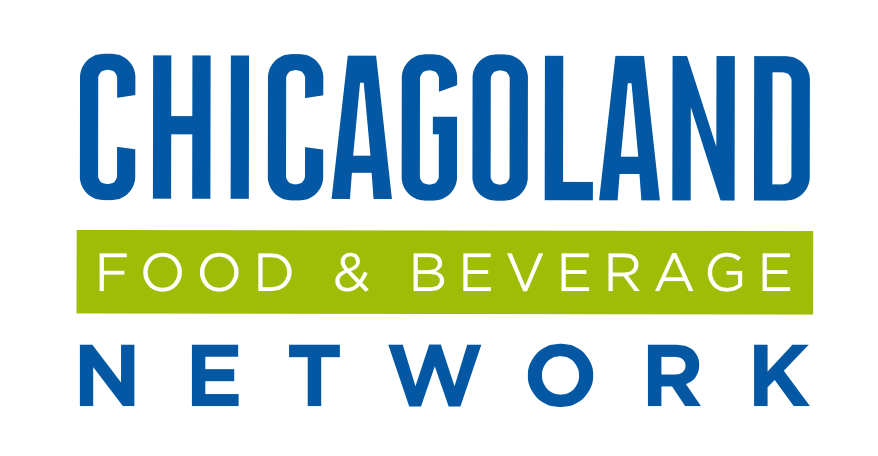Summertime is here. But no one in the food and beverage industry is taking a break from discussing the real issues and innovations. Constructive conversation and fruitful networking occurred once again at our latest event, Dining on the Roof: A Farm-to-Table Experience focused on creating sustainable local food systems and how they are changing everything from processes to consumption.

Guest speaker, Kathy Nyquist, is the founder of New Venture Advisors, LLC. Her expertise comes from both ends of the spectrum: from many years in large, corporate food businesses and now over 5 years consulting on local food systems, and small farmer advocacy.
Nyquist’s ‘farm to table’ personal and market research shows that consumer values are very much connected to their food choices. This local food trend is here to stay. But the challenge to keep it going -- both financially and to keep up with consumer demand -- is infrastructure. How can local producers get their goods to the masses effectively?

Nyquist says in order to keep moving ‘farm to table’ forward, local food systems must be viewed holistically, just as consumers are now doing. This is done by starting with looking at agriculture, then to market prep and consumption. Companies are asked to think beyond traditional values (taste, price, and convenience) and instead embrace today’s consumer values (shared mission -- e.g. access to healthy food -- transparency and corporate accountability).
“There needs to be a force in food systems that aren’t solely based on profits,” says Nyquist “Those forces come in the form of nonprofits, NGOs, and independent researchers, taking a hard look at the systems created by major manufacturers,” adds Nyquist.
Kashi as a Role Model. Nyquist and others in the industry point to Kashi (owned by Kellogg) as a company doing a great job helping small farmers transition from conventional farming to organic by providing training and financial help. Kellogg realizes the importance of allowing Kashi to operate according to its strong food mission and shared consumer values.
“It’s a home run to me when we can get small farms connected to large distributors, like Jewel and other large grocers,” according to Nyquist. At the conclusion of the evening, Nyquist challenged the group to be generous with sustainable, local suppliers… “Give them your respect, time and support, to help create change and a better food system here in Chicagoland and around the state.”
For more on Infrastructure and Why Chicago is Attractive to Start Ups and Large Manufacturers Chicagoland Food & Beverage Network understands Chicago’s unique proposition in the food and beverage industry. Forbes Magazine interviewed us on this topic recently, along with several network members. Read the full article here.
# # #
